Charles Hecker, senior partner and Jonathan Wood, director, global risk analysis at Control Risks, consider some of the political risks facing France and the rest of Europe
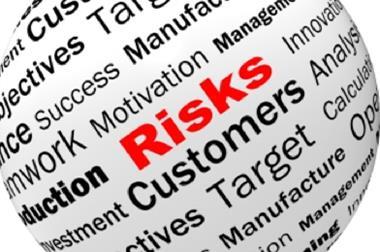
And you thought 2016 was interesting.
This year will bring a series of its own challenges and companies will to have to be more nimble, agile and responsive than ever to meet the next 12 months – if not more – head on.
Companies encounter and experience geopolitical risk differently. Some have global footprints and complex supply chains. Others have simple structures, but work in highly complex markets. Some work in politicised sectors under the careful gaze of local elites.
2017 will bring something for each of these companies, for risk is developing on two levels. Beware, to be sure, of risk that is episodic in nature. There will be flare ups at different times and in different places. At the same time, though, prepare for changes that are systemic in nature. We are at the beginning of a process that may, for the foreseeable future, change the way the world works.
Globalisation hits the skids
We will not yet say that globalisation is over. But the expansion of the global economy may have reached a temporary limit and appears to be shuddering near a potential breaking point. The twin juggernauts of Brexit and the Donald Trump will ensure that this brittle state of affairs will remain for some time to come.
The EU and Brexit
Brexit will pose challenges yet unknown of a political, economic, legal and social nature. That work will keep the British bureaucracy busy beyond any other task in recent history. As you contemplate that, spare a thought for the challenges elsewhere in Europe.
The EU will continue to confront its refugee crisis. Greek debt and the fragility of the Schengen Agreement are familiar – and hardening – problems. The Italian referendum will have merely been a warm-up act for elections in France (Fillon, oui) and Germany (Merkel, ja).
Right- and left-wing groups across the continent will foster anti-EU sentiment in countries with elections, and even in those not casting ballots next year. The very Union itself will hold its breath in 2017. Toward the end of the year, it should be able to exhale. At least partially.
Terrorism in turmoil
IS appears to be in extremis. Funding, recruitment, territory and its aggressive posture have all suffered debilitating blows in the past year. In 2017, IS will no longer have a centralised presence in Syria and Iraq. Instead, it will disperse. This shattering of the IS structure will pose a more diffuse terrorist threat in 2017.
Domestic radicalisation – prompted by distant sympathisers with causes in the Middle East or even by lone wolves without an agenda – will become a prominent risk in 2017. These lone wolves are the primary driver of the “active shooter” – the gunman who terrorises his workplace from within, often without warning signs.
Border wars, cyber style
The economic nationalism at the boundaries of globalisation has data in its target, too. Data nationalism is a rising force that threatens to atomise cyberspace. Instead of international accords on the regulation of transfer and storage of data, we will see national legislation as countries prioritise their own requirements. Companies will get caught in the jaws of data nationalism, stymied by the prospect of different data laws on opposite sides of a single border.
How will companies respond?
Companies experience risk differently. They also react to risk differently. Control Risks sees three potential ways forward for international companies.
Arks will seal the hatches and go into defensive mode, refreshing their focus on core businesses and markets. Extraneous activities, costs and debt will all go overboard; expansion becomes a bad word. Some companies will become arks because they want to; others will be shocked into this defensive posture. An ark may not be the most flattering nickname, but these organisations may be looking good when external conditions improve.
Sharks will do what sharks always do – remain in constant motion and hunt (for new activities or new markets). Opportunities in places like Cuba, Myanmar and, perhaps, Iran will attract these nimble stalkers. Companies that manage risk carefully and are not afraid to take on additional risk will look like sharks in the year to come.
Whales will look for buoyancy through size – to become too big and diverse to sink during a period of prolonged uncertainty. Being a whale has its immediate benefits – revenue, market share and efficiency all surge. That said, this is primarily a long-term strategy aimed at risk- and competition-proofing.





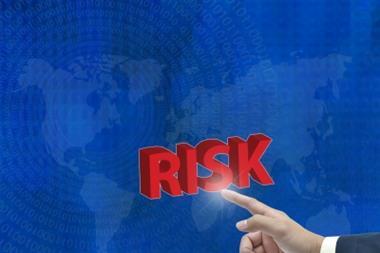
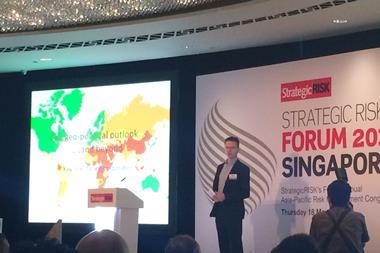
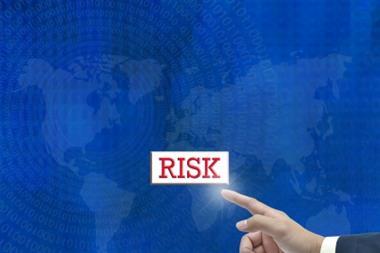
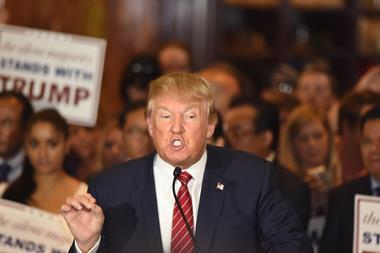
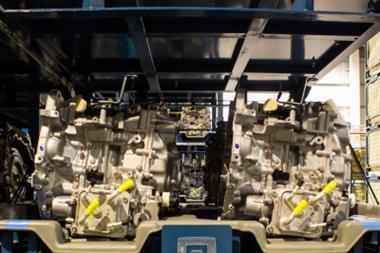
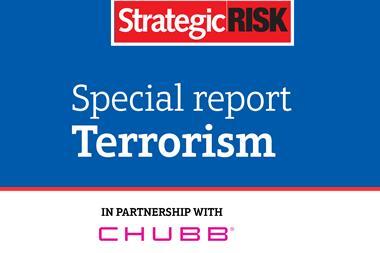









No comments yet